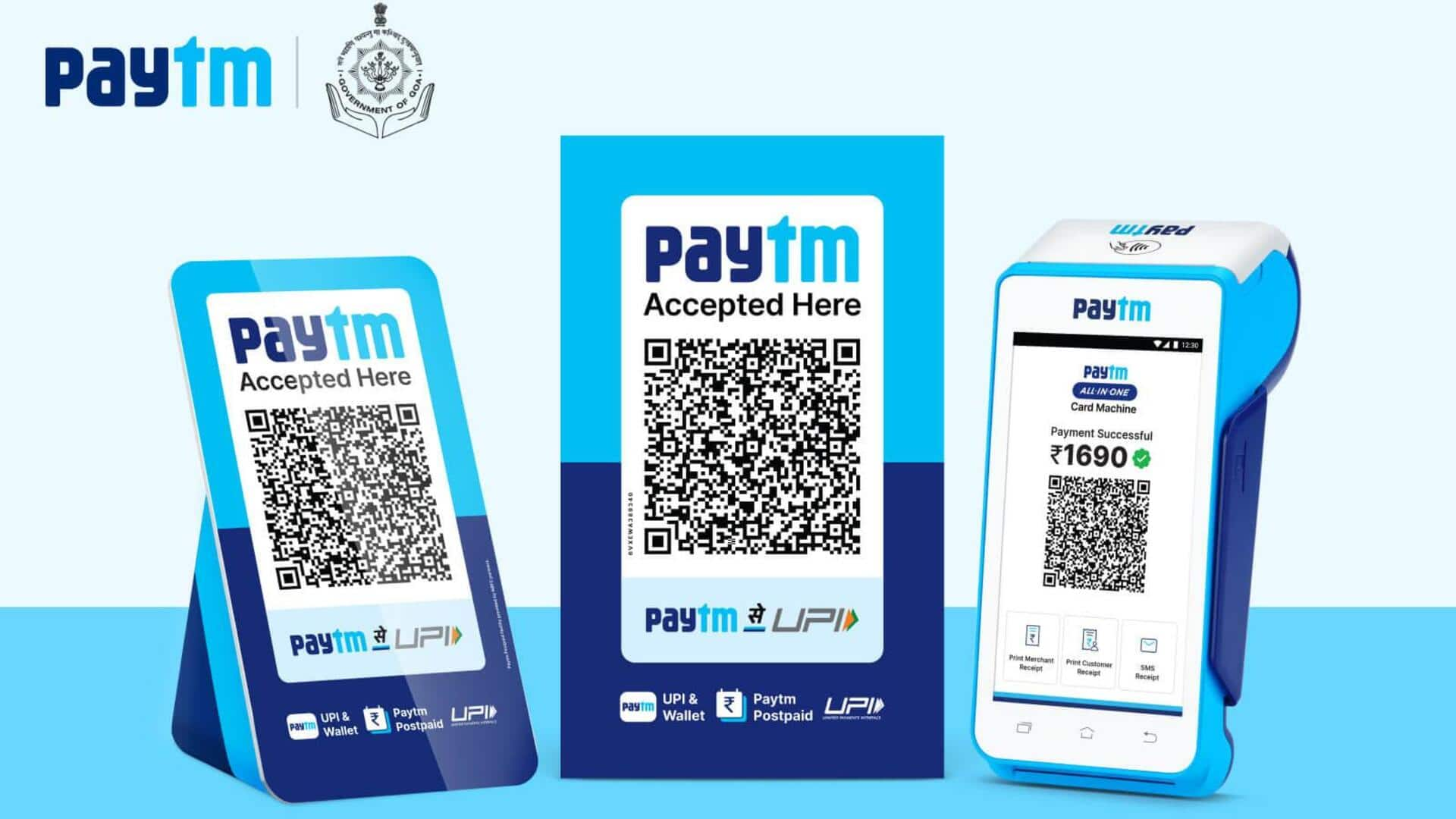RBI steps in to maintain UPI continuity for Paytm users
What's the story
The Reserve Bank of India (RBI) has announced further measures to ensure smooth digital transactions for UPI customers using the '@paytm' handle, after imposing business restrictions on Paytm Payments Bank last month.
The RBI has requested the National Payments Corporation of India (NPCI) to consider One97 Communication's (OCL) application to become a third-party application provider (TPAP) for UPI.
It will help migrate '@paytm' handles to other banks, and set up new settlement accounts for merchants using Paytm QR codes.
Additional measures
Additional steps to ensure seamless digital payments
To guarantee seamless digital payments and reduce the concentration risk in the UPI system, the RBI has advised NPCI to oversee the migration of '@paytm' handles from Paytm Payments Bank to new banks.
It also asked NPCI to assist in certifying 4-5 banks as Payment Service Providers (PSPs) capable of handling high volume UPI transactions.
This comes after the RBI ruled that Paytm Payments Bank cannot accept further credits into customer accounts and wallets after March 15, 2024.
Alternative arrangements
Customers with UPI handle '@Paytm' need to migrate
Only customers and merchants with a UPI handle '@Paytm' need to migrate their handles. No action is required for those with a different UPI address or handle.
Customers whose account or wallet is currently with Paytm Payments Bank should make alternative arrangements with other banks before March 15, 2024.
The RBI also reminded FASTag and National Common Mobility Card (NCMC) holders issued by Paytm Payments Bank to find alternative options before the deadline to avoid inconvenience.
Increased scrutiny
RBI is increasing scrutiny of fintech firms
Recently, the RBI extended deadline for Paytm Payments Bank customers from February 29 to March 15, 2024.
This extension applies to services like top-ups and fund transfers, while other Paytm Payments Bank services will cease on February 29.
After the Paytm fiasco, the RBI has also intensified scrutiny of fintechs with a special focus on KYC details and compliance.
